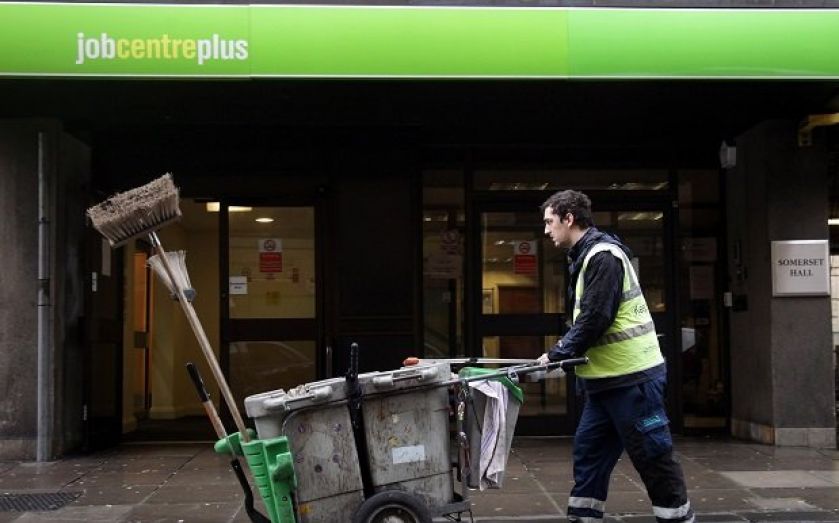European Court of Justice rules states can refuse welfare to immigrants but how many “benefits tourists” are there really?

The European Court of Justice has ruled member states are free to exclude EU citizens from other nations who move to their country for the sole purpose of claiming benefits.
The news was music to the ears of those in Downing Street, who have been seeking to crack down on so-called benefits tourism. So long as Britain is a member of the EU, the Prime Minister cannot wall off the UK from EU migrants – but the court's ruling could be a route to walling off Britain's welfare state.
David Cameron was recently told by northern European leaders in no uncertain terms that free movement is an unalterable part of EU membership. However, he did elicit sympathy from Norway's PM, who said it was important to look at the regulation surrounding welfare payments.
The debate has become an increasingly depressing one for supporters of free movement, with the UK's major parties seemingly in an arms race in their anti-immigration rhetoric
It is consistent for advocates of open immigration to support cutbacks in welfare for immigrants. Indeed, economist Milton Friedman warned "you can`t have free immigration and a welfare state", before going on to advocate for a reduction in the welfare state and praising immigration.
Although looking at the figures, it's likely the court's ruling will make little difference to public finances or the welfare roles either way. EU migrants are mostly young and looking to work, so very few claim Jobseekers Allowance (JSA) or other working-age benefits. Of the 1.1m people claiming JSA just 38,580 come from the EU.
Fourteen per cent of working age Brits in the UK claim at least one in work benefit compared to seven per cent of non-UK nationals. EU immigrants have also proved that they contribute far more to the system than they take out, helping to subsidise the UK's host of generous welfare programmes.
Last week, researchers at University College London released a report showing that between 1995 and 2011, immigrants from the EU paid £4.4bn more in tax than they took out in services.
EU and non-EU migrants are a vital part of the labour force, together making up 26 per cent of NHS doctors, 28 per cent of food preparation and hospitality workers and 22 per cent of natural and social science professionals.
As an added bonus, immigrants also improve our productivity, helping to boost UK wages. In 2013, Cinzia Rienzo at the National Institute of Economic and Social Research found that a one per cent increase in the immigrant share in the labour force is associated with an increase in labour productivity of between 0.06 and 0.07 per cent.
So while the European Court of Justice may have delivered a verdict that will allow David Cameron to boost his tough rhetoric on immigration, today's ruling is not going to lead to a massive cut in the UK's budget deficit and it remains the case EU migrants were not in any way a net drain on the public finances even with working age benefits.